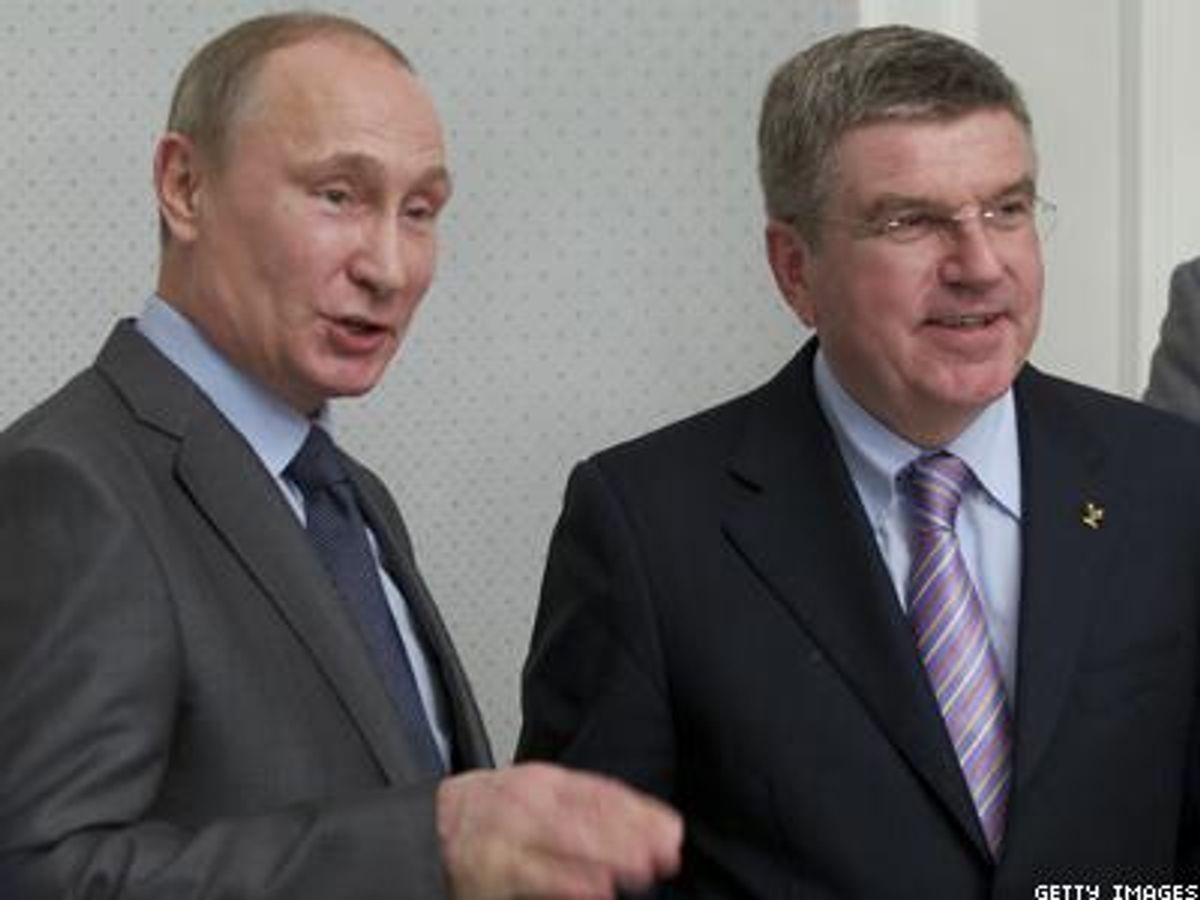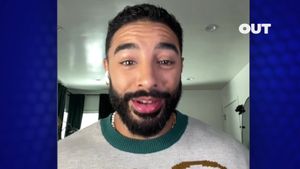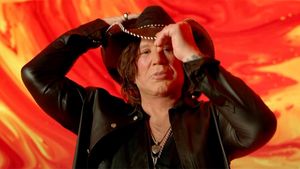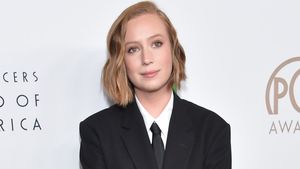With just 100 days before the world turns its attention to the 2014 Winter Olympics in Sochi, Russia, President Vladimir Putin tried to quell rising concern over the impact of the nation's harsh anti-LGBT laws he signed into being in June.
Putin appeared on Russian television Monday alongside the newly elected president of the International Olympic Committee, Thomas Bach, in an effort to quiet fears that the nation's ban on "propaganda of nontraditional sexual relationships" would threaten the safety of out athletes and spectators who travel to Sochi for the games, which begin in February.
"We will do everything to make sure that athletes, fans, and guests feel comfortable at the Olympic Games regardless of their ethnicity, race, or sexual orientation," Putin said at a meeting of Russian winter sports ministers, according to Radio Free Europe. "On my own and on [behalf of Russian sports ministers], I have assured Mr. [Bach] that we will do our best, and our athletes and fans will do their best too, so that both participants and guests feel themselves comfortable at Sochi Olympics regardless of their ethnicity, race, or sexual orientation. I would like to underline that."
Russian politicians and sports officials have issued contradictory messages about whether the anti-LGBT law will affect Olympic athletes and spectators, essentially proposing a "don't ask, don't tell" policy wherein they promised no one would be prosecuted under the law so long as they don't speak out publicly in support of or about LGBT identities. The IOC said it is "completely satisfied" with Russia's vague promises that all rights will be respected at the Games.
Lest anyone think of publicly protesting the anti-LGBT laws during the Olympics, Putin issued an edict banning protests, rallies, or demonstrations of any kind throughout the entire city of Sochi during the Winter Games.
Since Putin signed the draconian policy into law this summer, LGBT Russians and visitors have been beaten, harassed, and arrested for attempting to peacefully assemble, carrying pro-LGBT signs, waving rainbow flags, or sometimes simply for walking down the street. A 22-year-old transgender woman in Russia committed suicide shortly after she was kicked out of her home and fired from her municipal job because her employers feared running afoul of the propaganda ban.
The nationwide law, modeled after several local iterations, imposes fines and possible jail time for anyone found to be spreading "propaganda" about LGBT identities in a format or location that is visible to minors.
Russia's increasingly violent crackdown on LGBT people has sparked international calls for boycotts of Russian products, including Russian-made vodka, as well as some calls to either move or boycott the Olympics unless Russia repeals its anti-LGBT laws.
Shortly after Putin signed the so-called homosexual propaganda ban into law, he signed another law that prohibits gay and lesbian people in any nation from adopting Russian orphans and bans single people from nations that embrace marriage equality from adopting any of Russia's estimated 600,000 children without legal guardians. A conservative lawmaker from the ruling party recently proposed a bill that would declare homosexuality equivalent to alcoholism, child abuse, and drug use, thereby providng justifiable cause for the state to forcibly remove children from their gay and lesbian parents. The lawmaker temporarily pulled the bill earlier this month, saying he intends to reintroduce it after some revisions.



















































































Fans thirsting over Chris Colfer's sexy new muscles for Coachella